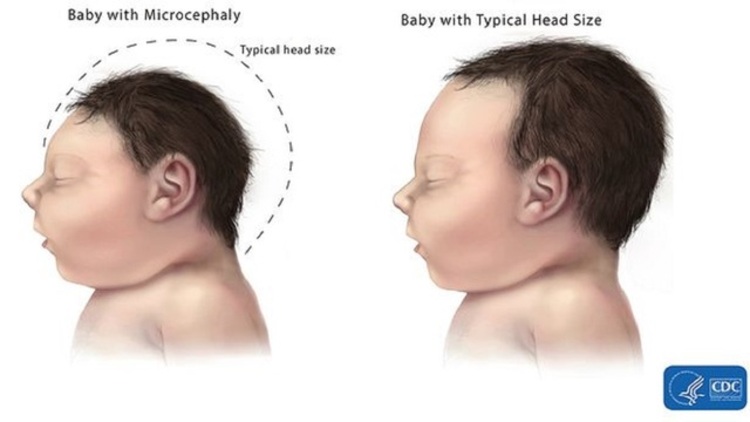
The Sunday Mail

Tafadzwa Kadani
Over the past two weeks, the world has been on high alert following the World Health Organisation’s declaration that the Zika virus is a global health emergency.
Outbreaks of the Zika virus disease have been recorded in Africa, the Americas, Asia and the Pacific.
According to WHO, the Zika virus is an emerging mosquito-borne virus that was first identified in Uganda in 1947 in rhesus monkeys.
The Zika virus is transmitted by Aedes mosquitoes.
Those inflicted by the virus usually have a mild fever, skin rash (exanthema) and conjunctivitis. These symptoms normally last for between two and seven days.
The Zika virus has also been linked with microcephaly, a rare neurological condition in which an infant’s head is significantly smaller than the heads of other children of the same age and sex.
This condition has a very detrimental effect on children as it is associated with intellectual disability.
Currently, there is no specific treatment or vaccine available for the treatment of the virus.
The best form of prevention is to avoid mosquito bites.
The Ministry of Health and Child Care said that no cases of the virus have reported in Zimbabwe.
According to the Pan American Health Organisation/World Health Organization`s latest epidemiological bulletin, 22 countries in the Americas have detected the indigenous transmission of the Zika virus.
Dr Portia Manangazira, the Director of Epidemiology and Disease Control in the Ministry of Health and Child Care said Zimbabwe is taking the WHO declaration seriously.
She also added that in accordance with the International Health Regulations, (IHR, 2005), Zimbabwe has put in place a strong surveillance system for existing threats such as cholera and typhoid, among others.
The system uses the integrated disease surveillance and response (IDSR) to report up to 17 conditions on a weekly basis.
This weekly disease surveillance is flexible enough to detect any new threats and outbreaks.
Since the Ebola outbreak era, Zimbabwe has strengthened its disease surveillance at major ports of entry and exit.
According to the Brazilian embassy in Zimbabwe, the Brazilian Ministry of Health, in conjunction with various research institutions, is conducting a serological test.
They have also carried out the complete genetic sequencing of the Zika virus.
This process will significantly contribute to the understanding of various aspects of the virus which is developing at an alarming level. In some cases, it has resulted in death.
A document produced by the Brazilian Health Ministry shows that research on the virus is still continuing.
“Particularly significant was the detection of the Zika genome in two cases resulting in deaths, which enabled the international scientific community to envision an as-yet-undescribed evolution of Zika infections, possible subject for future scientific studies…” reads part of the document.
Dr Manangazira stressed that Zimbabwe ispared for the virus.
“As a ministry, we are doing what we can to make sure that virus does not take us by surprise.
The preventive measures are already in place,” Dr Manangazira said.
According to Dr Manangazira, prevention and control of the virus relies on reducing the breeding of Aedes mosquitoes and minimising contact between mosquito vectors and people by using barriers such as repellents and insect screens.
Reducing water-filled habitats that support mosquito larvae in and around dwellings and are some of the preventive measures.
The proximity of mosquito vector breeding sites to human habitation is a significant risk factor for Zika virus infection.
Since the Aedes mosquitoes are day-biting mosquitoes, it is recommended that those who sleep during the daytime, particularly young children, the sick or elderly, should use insecticide-treated mosquito nets to provide protection.
Suitable insecticides that are recommended by the WHO Pesticide Evaluation Scheme may also be used as larvicides to treat relatively large water containers.
“As a country we need more funding to strengthen our emergency preparedness for the effective management of cases and control of outbreaks.
In the past five years, it has been a challenge getting adequate resources to cover all health facilities,” Dr Manangazira said.
She said the country must develop and maintain the capacity to detect and confirm cases, manage patients, and implement social communication strategies to reduce outbreaks.
Dr Manangazira said the water sanitation and hygiene situation in both rural and urban areas must improve in order to control vector-borne and other diseases.



